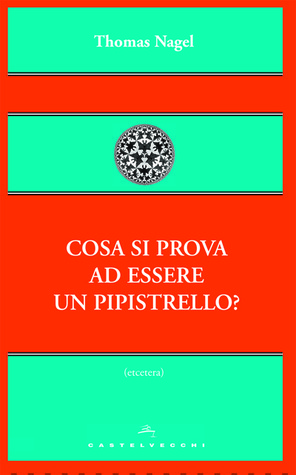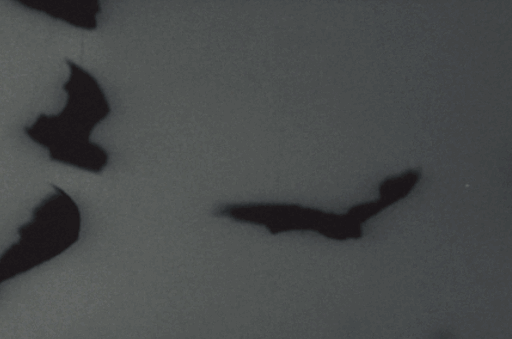What do you think?
Rate this book


56 pages, Paperback
First published October 1, 1974



Nagel chose his target creatures well. Bats, as fellow mammals, are enough like us to support the conviction that of course they are conscious. (If he had written “What Is It Like to Be a Spider?” many would be inclined to wonder what made him so sure it was like anything at all.)Was Tchaikovsky's novel about intelligent spiders inspired by this?
An analysis in terms of microscopic components, however strange and sophisticated its form, must in some way preserve these external relations of the properties of the manifest object.
...[T]his apparent clarity of the word "is" is deceptive. Usually, when we are told that X is Y we know how it is supposed to be true, but that depends on a conceptual or theoretical background [...] Without the framework, an air of mysticism surrounds the identification.
This explains the magical flavour of popular presentations of fundamental scientific discoveries, given out as propositions to which one must subscribe without really understanding them. For example, people are now told at an early age that all matter is really energy. But the spite that they know what "is" means, most of them never form a conception of what makes this claim true, because they lack the theoretical background.
{Emphasis in bold mine.}
Anche nel caso degli altri, sapere cosa si provi ad essere loro è sempre solo parziale, e muovendosi verso specie molto distanti dalla propria, un grado sempre minore di comprensione parziale è forse comunque ancora possibile. L'immaginazione è sorprendentemente elastica. Tuttavia, il mio punto non è che non possiamo sapere cosa si provi ad essere un pipistrello. Non voglio sollevare questo problema epistemologico. Piuttosto, il problema è che anche solo per formarsi un'idea di cosa si provi ad essere un pipistrello (e a maggior ragione per sapere cosa si provi) è indispensabile assumere il punto di vista del pipistrello. Se si è in grado di assumere tale punto di vista solo approssimativamente, o parzialmente, il concetto che ne deriverà sarà anch'esso inevitabilmente approssimativo o parziale. Almeno così sembra, secondo lo stato attuale delle nostre conoscenze.